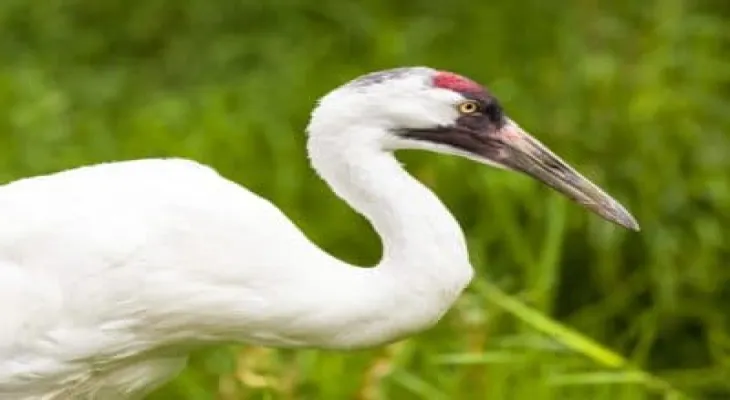Search here
Newspaper
Search here

Arab Canada News
News

Published: June 11, 2023
While Canada faces an unprecedented wildfire season, the "Wilder Calgary" institute is looking for ways to preserve endangered species that could become locally extinct if wildfires reach their habitat.
The institute focuses on wildlife conservation through reintroducing endangered species such as the greater sage-grouse, the short-eared owl, and the half-moon butterfly into the wild. During this fire season, they are focusing on two species, the sharp-tailed grouse - a type of bird in Alberta - and the wood poppy, a flower in Ontario.
Green Michael McCabe, chief officer of the Wilder Institute, told "CTV News" that they are working with local partners, such as researchers at the University of Lethbridge, to enhance these endangered wildlife populations and protect them from fire threats, stressing that if certain species are lost, this could lead to an imbalance in the ecosystem.
McCabe added that "the sharp-tailed grouse migrates from Wood Buffalo National Park in Alberta to the Gulf of Mexico in Texas," noting that a massive fire in the small habitat of the birds in Alberta could destroy and kill their vulnerable populations, leading to local extinction.
Similar to its impact on humans, wildfires have devastating effects on wildlife, ranging from health effects to communication and migration patterns. For birds in particular, smoke has a long-term effect on their lungs, affecting their communication and ability to find mates and retain territory. Additionally, wildfires can make it difficult for birds to find suitable nesting grounds if their current habitat is destroyed.
Among other concerning species is the poppy plant, an endangered flower found only in three small parts of southern Ontario and parts of the United States. McCabe said, "If any of these three populations experience a forest fire, we could lose a large portion of the plants in Canada, which would be devastating."
Although wildfires are necessary for nature to regulate itself, McCabe pointed out that fires have been occurring more frequently and intensely in recent years, and ecosystems do not get enough time to recover. If they cannot recover, these lands will not be suitable for the animal species that used to find food, water, mates, or grassy habitats there, which could have serious long-term effects on the species.
Since Friday morning, there have been 421 active fires across the country, with 217 considered out of control, according to the website of the Canadian Interagency Forest Fire Centre. McCabe said, "Anyone concerned about the impact of fires on wildlife can consider supporting local organizations working on species restoration and conservation."
Comments